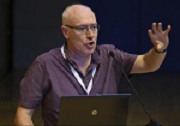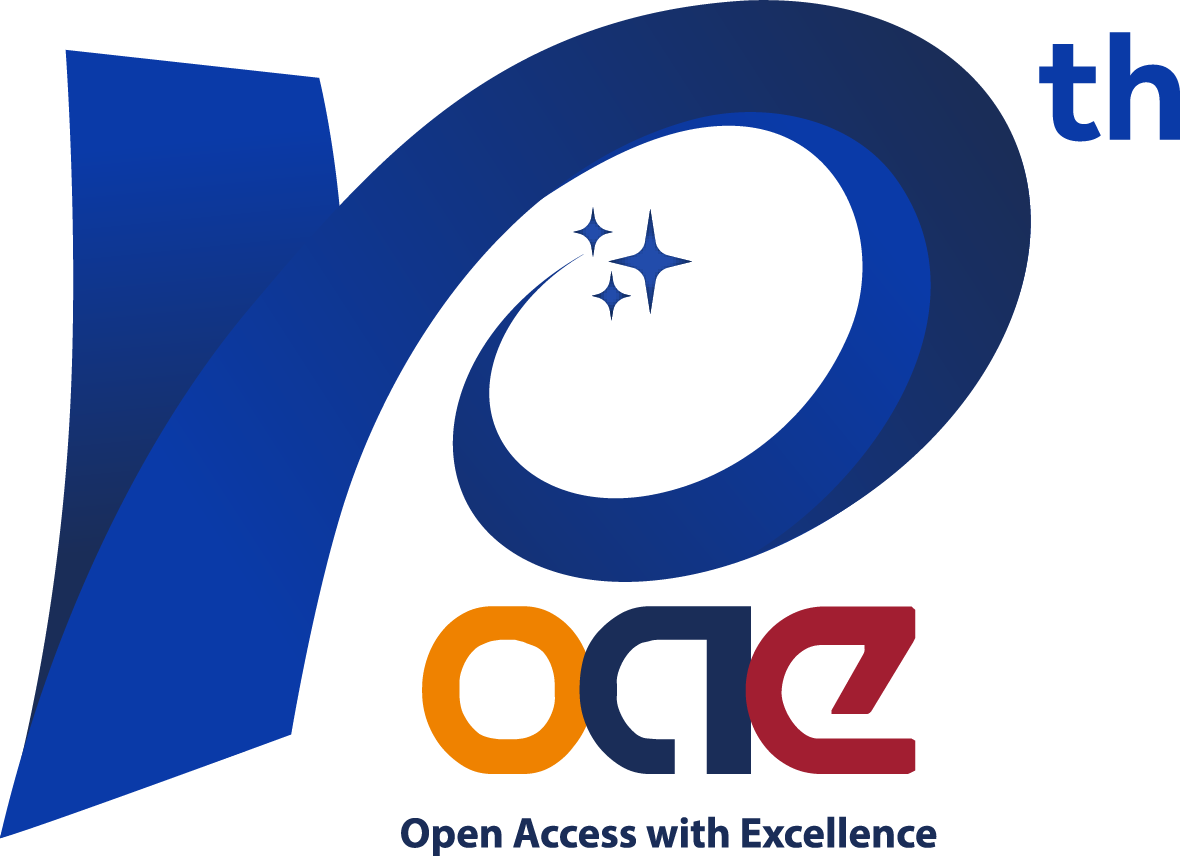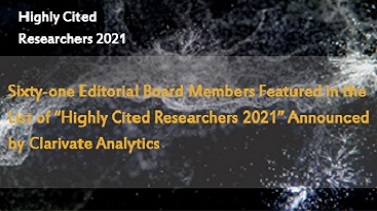Great News: A New Journal Journal of Environmental Exposure Assessment Led by Professor Stuart Harrad Officially Released Online
We are pleased to announce that the new journal--Journal of Environmental Exposure Assessment (JEEA), is officially released online on July 28, 2021, aiming to publish high-quality manuscripts that address all aspects of human exposure to organic and inorganic chemical contaminants.
Humans are exposed to a wide range of chemical contaminants from cradle to grave. Evaluating the risk to health from this requires an accurate assessment of the timing, pathways, and magnitude of exposure. The Journal of Environmental Exposure Assessment welcomes high-quality manuscripts that address all aspects of human exposure to organic and inorganic chemical contaminants. These include but are not limited to exposure modelling, experimental biomonitoring studies, as well as those examining external exposure via different pathways such as diet, inhalation, drinking water, dermal uptake, and indoor dust ingestion.
We are honored to invite Professor Stuart Harrad from the University of Birmingham, Birmingham, UK, to serve as the Editor-in-Chief for this new journal JEEA.
Biography of Editor-in-Chief
Prof. Stuart Harrad
School of Geography, Earth, and Environmental Sciences, University of Birmingham, Birmingham, UK.
Research Keywords: POPs, PFAS, PCBs, Dioxins, Exposure assessment, PAH, BFRs, Flame retardants, Organophosphate esters, PBDEs, HBCDD, Environmental forensics, Pharmaceuticals, Soil, Sediment, Water, Diet, Human biomonitoring, Waste management, E-waste, Landfill, Biomonitoring, Temporal trends.

Professor Stuart Harrad received his PhD at the University of East Anglia in 1989, during which he helped establish baseline levels of the contamination of UK soils with dioxins and PCBs. Following postdoctoral appointments at the State University of New York at Stony Brook and Lancaster University, he moved to the private sector, where he managed the first UK laboratory accredited for dioxin analysis. In 1994, he took up an academic position at the University of Birmingham, where he has established a substantial research group investigating many aspects of the environmental sources, fate, and behavior of persistent organic pollutants (POPs) and related chemicals, with a particular focus on human exposure assessment. Professor Harrad has made important contributions to developing our understanding of the environmental impacts of trace organic contaminants throughout his career. He has led numerous international collaborative projects researching multiple topics related to POPs. Some of his wide-ranging research activities include:
- human biomonitoring,
- source apportionment,
- use of sediment chronology to establish temporal trends in POPs contamination,
- establishing the importance of the indoor environment as an arena of exposure to consumer chemicals,
- managing the fate of POPs in the waste stream,
- exploiting chirality as an environmental forensics tool.
He sits on the International Advisory Board of the Annual Symposium of Halogenated Persistent Pollutants and has published approximately 200 scientific papers in high-impact journals (H-index = 60, Scopus).
We highly appreciate the great support of Professor Harrad. We are all looking forward to the success of this new journal with our joint efforts.




